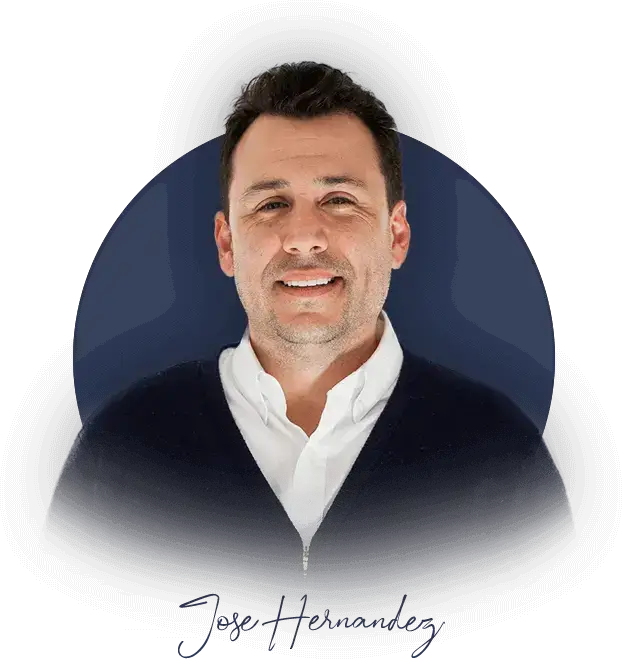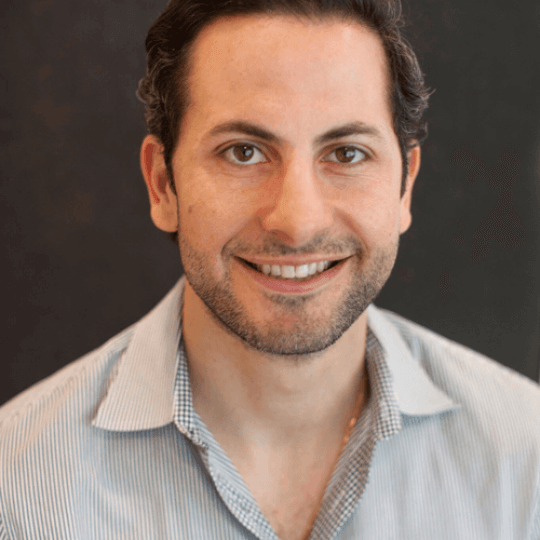Attention-deficit hyperactivity disorder, a neurological condition often referred to as ADHD, often develops in childhood and can continue to affect millions into their adulthood. People with ADHD often develop a substance use disorder, further complicating their lives when they have to deal with both issues. Because ADHD and addictive behavior often co-exist, it makes it important that those who live with the co-occurring diagnoses receive proper help that addresses both situations.
Facts About ADHD
There are no blood or other medical tests that definitely show the presence of ADHD. A diagnosis must be made by a doctor or therapist qualified to recognize the signs and symptoms of ADHD. This can be achieved both by observing a person’s behavior as well as interviewing them. If the individual is a child, discussing the child’s behavior and thought processes with their parents helps the clinician make an official diagnosis.
There are three different types of ADHD: Inattentive Type, Hyperactive-Impulsive Type, and Combined Type. Combined Type is the most common kind of ADHD.
Typical symptoms of Inattentive Type include:
- Difficulty paying attention
- Trouble focusing on one thing at a time
- Easily distracted
- Unable to understand or follow instructions
- Forgetful
- Doesn’t seem to listen to others
- Easily loses things
Typical symptoms of Hyperactive-Impulsive Type include:
- Fidgets and squirms a lot
- Talks excessively
- Interrupts others when they speak
- Difficulty staying seated for long
- Exhibits an excessive amount of energy
- Trouble playing solo and quietly
Typical symptoms of Combined Type include at least a few symptoms of both Inattentive Type and Hyperactive-Impulsive Type.
There isn’t just one cause to point to that explains why a person develops ADHD. Some studies show that genetics can sometimes contribute to it. Psychiatry.org states that three out of four children with ADHD have at least one relative who also has it. Many cases can come from exposure to toxic substances, including drugs, tobacco, or alcohol a person’s mother used while pregnant. ADHD often occurs in children who are born prematurely or at a low birth weight. In a small number of cases, ADHD can be related to trauma, such as brain injury, a stroke, or the development of a brain tumor.
The Correlation Between ADHD and Addictive Behavior
People with ADHD generally have difficulty resisting urges and sometimes engage in risky behavior. This can lend itself to a person combining ADHD and addictive behavior. Because living with ADHD presents challenges and frustrations, some people end up turning to drugs or alcohol to help them cope. What may begin as a simple attempt to dilute behaviors or ease accompanying stress or anxiety can turn into drug and alcohol abuse.
ADHD causes a person to have difficulty regulating neurotransmitters such as dopamine. Dopamine helps regulate emotional responses and feel pleasure and reward. When this process is compromised, it can make it tempting to use other avenues to achieve those feelings, including abusing drugs and alcohol. About 25% of people who seek help for drug and alcohol addiction also have ADHD. As well, adult alcoholics are five to ten times more likely to also have ADHD than others.
Medications such as Adderall, which is an amphetamine or dextroamphetamine, and Ritalin and Concerta, which are methylphenidates, are commonly prescribed to treat ADHD. These medications help levels of dopamine increase in the brain. It’s important to take the correct dosage because one that is too high can contribute to the very ADHD symptoms a person is trying to alleviate. When dopamine levels reach an excessively high level, a person often has difficulty focusing.
In some cases, the very drugs prescribed to help control ADHD, which are often in the stimulant family, end up becoming addictive. When a person deals with both ADHD and addictive behavior, everything becomes more complicated. For those who become addicted to their ADHD meds that have stimulants, there are non-stimulant options available.
Treatment for ADHD and Addiction
Someone who has both ADHD and an addiction to drugs or alcohol finds themselves in a complicated cycle. The addiction can feed into the ADHD behaviors, which in turn can make an individual want to continue or even increase the amount of drugs and alcohol they abuse. Because of the complications of having co-occurring conditions, people tend to benefit greatly from professional help designed to address both situations.
A detox program is typically the first step, providing medical and psychological monitoring of a person as they go through the process of detoxing from the toxic drugs or alcohol in their system. As they move into the next step of treatment, which can consist of an outpatient or inpatient program, a determination is made about whether or not a change in medication is needed. For the individual who developed an addiction to their ADHD medication, it’s particularly important that this be addressed.
Drug Treatment in Los Angeles
If you are looking for treatment for addiction to drugs or alcohol that also addresses mental health issues, Launch Centers can help. We offer a clinical and holistic program that combines educational and career elements to help set up young adults for success.
Contact Launch Centers now and let’s talk about how we can help you change your life starting today.







